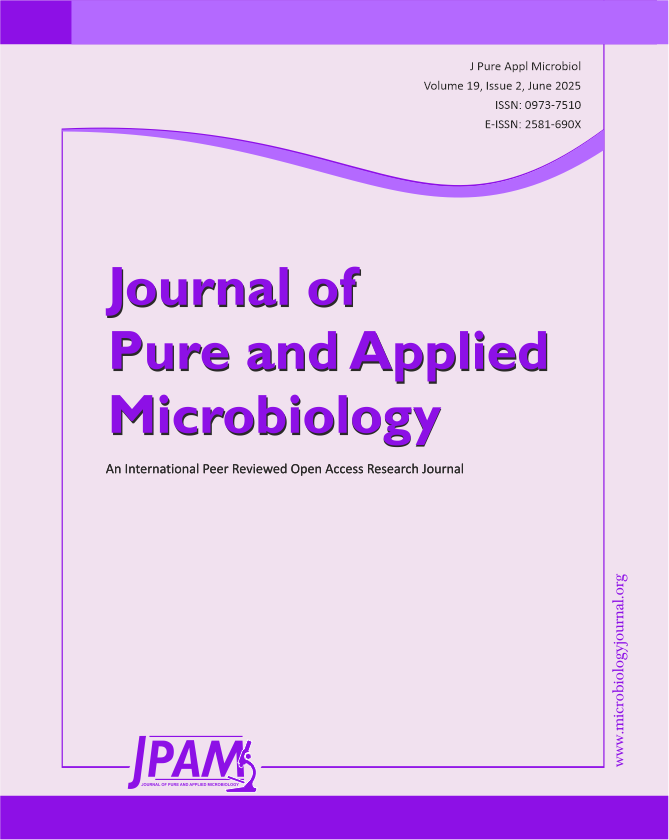This comprehensive review explores the intricate connections between microbial entities and various neuropsychiatric disorders, revealing the profound impact of viruses, bacteria, and therapeutic drugs on mental health. Extensive research has uncovered compelling evidence linking microbial elements to conditions such as depression, anxiety, schizophrenia, Parkinson’s disease, stroke, bipolar disorder, obsessive-compulsive disorder (OCD), dementia, and Alzheimer’s disease. Viral infections, including influenza A (H1N1), varicella-zoster virus, herpes simplex virus, and human immunodeficiency virus/received immune deficiency syndrome (HIV/AIDS), are implicated in the development and exacerbation of depression and anxiety. The review delves into the neuroinflammatory mechanisms triggered by viruses, shedding light on their role in conditions like schizophrenia, Parkinson’s disease, and stroke. Moreover, bacterial involvement in psychiatric disorders is underscored, with dysbiosis in the gut microbiota associated with depression, anxiety, and schizophrenia. The dysregulation of neurotransmitter pathways and bidirectional communication along the gut-brain axis provides insights into the complex microbial modulation of mental health. Additionally, the review discusses the impact of therapeutic drugs on neuropsychiatric conditions, highlighting certain antiepileptic drugs, antibiotics, and other medications linked to increased risks of depression, anxiety, and cognitive issues. It emphasizes the importance of understanding the psychotropic effects of therapeutic drugs to optimize treatment strategies. Furthermore, investigations into the influence of microbes on neurodegenerative diseases reveal potential connections between the gut microbiota and conditions such as dementia and Alzheimer’s disease. This review concludes by advocating for a holistic approach in psychiatry, recognizing the multifaceted role of viruses, microorganisms, and therapeutic medicines in shaping the landscape of neuropsychiatric disorders.
Neuropsychiatric Disorders, Microbial Influences, Viruses, Bacteria, Therapeutic Drugs
© The Author(s) 2025. Open Access. This article is distributed under the terms of the Creative Commons Attribution 4.0 International License which permits unrestricted use, sharing, distribution, and reproduction in any medium, provided you give appropriate credit to the original author(s) and the source, provide a link to the Creative Commons license, and indicate if changes were made.


